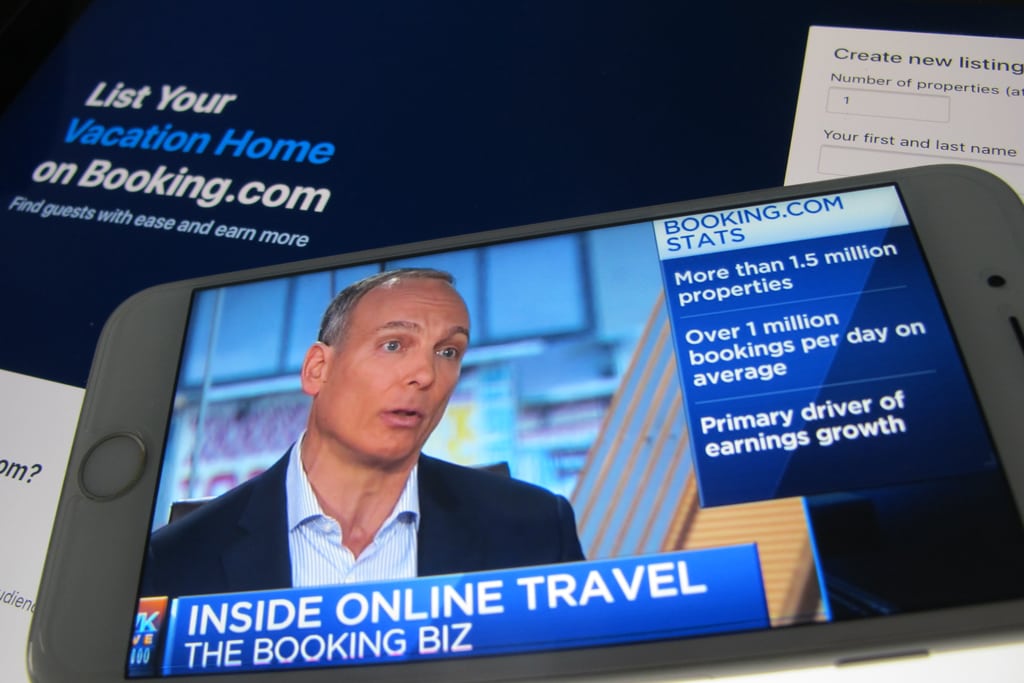Booking Targets Urban Apartments in Vacation Rental Land Grab

Skift Take
Booking.com now wants to sign up all types of alternative accommodations, even short-term rental apartments that face increased regulation in many cities. CEO Glenn Fogel seems to think that the ultimate winner of the online travel game will be whoever has the most beds in the end.
Booking.com has significantly stepped up its solicitation of urban apartment and condominium owners. A new blast of email marketing is inviting owners to use the travel company to rent their properties.
The subject line of one recent email was "1138 people earn €1,403 in Amsterdam with us – isn't it time you joined them?" The message referred to 1,138 people in Amsterdam having listed their places for rental with Booking.com, and added that such "homes in Amsterdam earn a weekly average of €1,403."
Until now, Amsterdam-based Booking.com has focused on signing up whole-home properties and has shied away from the short-term rental market where Airbnb has had the most inventory. Urban, short-term rental markets have been mired in regulatory battles.
Is the company only onboarding in jurisdictions where short-term rentals are kosher? A spokesperson said, "We always obey

